Have you ever come across the expression itadakimasu (いただきます) in a Japanese manga or movie? This uniquely Japanese expression, which literally means “I humbly receive,” is said before a meal to acknowledge the living organisms from which we receive life. This daily practice of showing gratitude for the life force that sustains us reflects the Japanese spirit. There are many similar examples of expressions particular to Japan. Let’s look at some examples of everyday phrases that are especially useful for beginners.
You will often hear these two words while watching Japanese dramas and anime. Okaerinasai is a greeting used to welcome someone returning home. It can also be used when someone has returned from a distance, such as from an overseas trip. Kaeri comes from the verb kaeru, which means “to return.” In casual situations, you can welcome someone back with okaeri, while adding nasai makes the phrase more polite. Feel free to use either with close friends and family.
Tadaima is the greeting used by the person returning. The word tadaima literally means “now” and comes from the phrase tadaima kaerimashita, or “I’m home now.” Over time, this has become shortened to simply tadaima. When you call out tadaima you can expect to be welcomed with okaerinasai, and whenever you are greeted with okaerinasai, be sure to respond with tadaima.
Example
Scenario 1: A husband greets his wife in the evening.
ゆうた:おかえりなさい、思っていたより早く帰ってきたね。
まりえ:ただいま、今日は早く仕事が片付いたんだ。
Yuta: Okaerinasai, omotteita yori hayaku kaettekita ne.
Marie: Tadaima, kyou wa hayaku shigoto ga katazuitanda.
Yuta: Welcome home. You’re earlier than I expected.
Marie: I’m home. I finished my work early today.
Scenario 2: An employee greets his colleague after returning from abroad.
いぶき:ただいま。
フローレンス:おかえり、また会えてうれしい。
Ibuki: Tadaima.
Florence: Okaeri, mata aete ureshii.
Ibuki: I’m back.
Florence: Welcome back. It’s good to see you again.
This set phrase is used to acknowledge the efforts of someone’s work—both while they are working and after they have finished. Adding desu makes the phrase more polite so make sure to use otsukaresamadesu when speaking to your boss and to those older than you. On the other hand, you can use the more casual otsukaresama with friends and close colleagues.
Especially in the workplace, this phrase is often used regardless of whether someone has actually been hard at work or has finished a job. It’s common to use it when passing colleagues in the hall or at the beginning of a company meeting. In fact, we use it so many times a day it’s considered a verbal habit of Japanese business people. I probably use the phrase at least five to ten times a day. A quick word of warning though for anyone in a business setting— just be careful not to use this with people outside of your company.
Somewhat strangely, you’ll even hear university students using this expression with each other. Despite not being in the workplace, otsukaresama is used frequently as a greeting, not unlike “good morning.”
Next time you greet a friend or partner after a long day of work, try this phrase out and acknowledge their efforts with otsukaresama.
| Example
Scenario 1: Two friends meet up for drinks after work.
ゆりえ:今日も仕事疲れたな。
ちひろ:今日もお仕事お疲れ様。
Yurie: Kyou mo shigoto tsukareta na.
Chihiro: Kyou mo oshigoto otsukaresama.
Yurie: I’m tired from work today.
Chihiro: You worked hard today.
Scenario 2: A group of students finish their dance practice.
みんな:お疲れ様です。
Minna: Otsukaresamadesu.
Everyone: Good work today. |
Sumimasen is an apology roughly similar to “sorry” or “excuse me” in English. However, what makes sumimasen particularly interesting is that it can also be used to thank someone. The phrase demonstrates consideration for the other person—when you thank someone with sumimasen you acknowledge that they have been inconvenienced by doing something for your benefit. However, if you’re ever unsure and want to explicitly express gratitude you can always opt for arigatougozaimasu as a way of thanks. You may have also heard Japanese people use “sorry” in situations where “thank you” would have been more appropriate. It’s not uncommon for Japanese to use “sorry” in English as a catch-all equivalent to sumimasen, but be aware that they’re not necessarily apologizing for any wrongdoing.
| Example
Scenario 1: A man arrives a few minutes late for a date.
けん:お待たせしてすみません。
Ken: Omataseshite sumimasen.
Ken: Sorry to keep you waiting.
Scenario 2: An old woman thanks a passerby for carrying her bag.
みちこ:手伝っていただいて、すみません。
Michiko: Tetsudatte itadaite sumimasen.
Michiko: Thanks for your help. (Sorry for troubling you) |
Bimyou comes in handy when something is too complicated or detailed to be expressed in a straightforward manner. It is generally used when the speaker cannot explicitly say “yes” or “no” and often in a negative sense. For example, you can use it when you mildly disagree with someone’s opinion. If someone responds to a question you have asked with “bimyou”, you can safely assume that they have differing thoughts on the matter. Japanese people tend to avoid directly expressing their disagreement or refusing something outright. This approach shows respect for differing opinions and is rooted in a consideration for others. Just be careful not to overdo it, as you may not come across too favorably if you answer everything with bimyou. That said, mastering the use of bimyou is a sure fire way to boost your Japanese skills.
| Example
Scenario 1: A friend asks for an opinion on her new outfit.
あいこ:これ、新しい服なんだけど、どう思う?
ケート:微妙…
Aiko: Kore, atarashii fuku nandakedo, dou omou?
Kate: bimyou…
Aiko: I bought this outfit the other day. What do you think?
Kate: It’s alright…
Scenario 2: A man tries to make a date with his girlfriend.
しょうへい:明日空いてる?
りさ:微妙…
Shohei: Ashita aiteru?
Risa: Bimyou…
Shohei: Are you free tomorrow?
Risa: I’m not sure… |
Imagine a situation too difficult to deal with, where it is beyond your control or you are forced to accept an inevitable outcome. This is shouganai. We use this in numerous situations, such as when giving up on a personal decision, to offer comfort, or show sympathy for a friend’s circumstance. Because things don’t always go the way we want them to, shouganai is a reminder that you cannot control things, in other words, “it can’t be helped.” By recognizing this, you can gain closure or a sense of acceptance, allowing you to maintain a positive outlook on life. When things don’t work out the way you’d like, or when you feel depressed or frustrated, remember this word and whisper it to yourself. Shouganai may help you feel a little better.
| Example
コロナの問題は、私たちにとってはどうすることもできない、しょうがない。
Korona no mondai wa, watashi tachi ni tottewa dousuru koto mo dekinai, shouganai.
I have accepted that the current situation with COVID-19 is beyond our control. |
So, are you ready to put these unique Japanese expressions into practice? Not only are they useful for beginners, but they are also beautiful phrases rich in meaning. Japan may at first bring to mind the likes of sushi and manga, but I hope this article has helped you appreciate the appeal of the language itself. If you’re interested in learning more about the Japanese language, why not search for some more unique expressions? You might just find a new favorite expression that fits you perfectly. While you may not be able to visit Japan at the moment due to COVID-19, try out these phrases on your next trip to deepen your communication with locals. Stay tuned for the next article introducing intermediate level expressions!
*This article has introduced some key examples of how each expression is used. Japanese words can be very versatile so you will find meanings and usages outside the scope of this article.



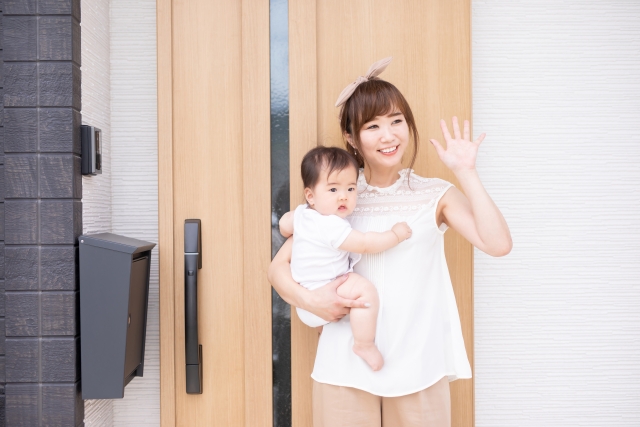
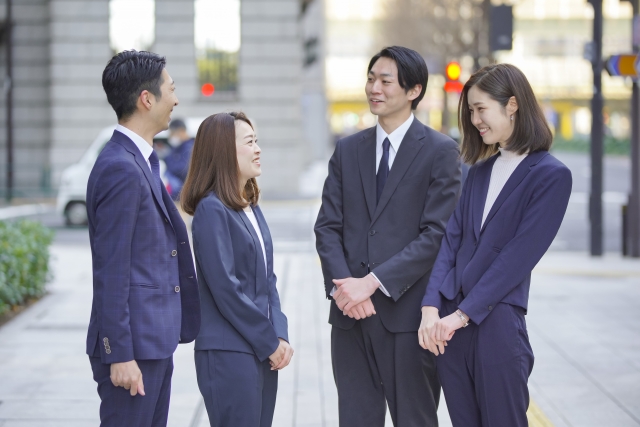




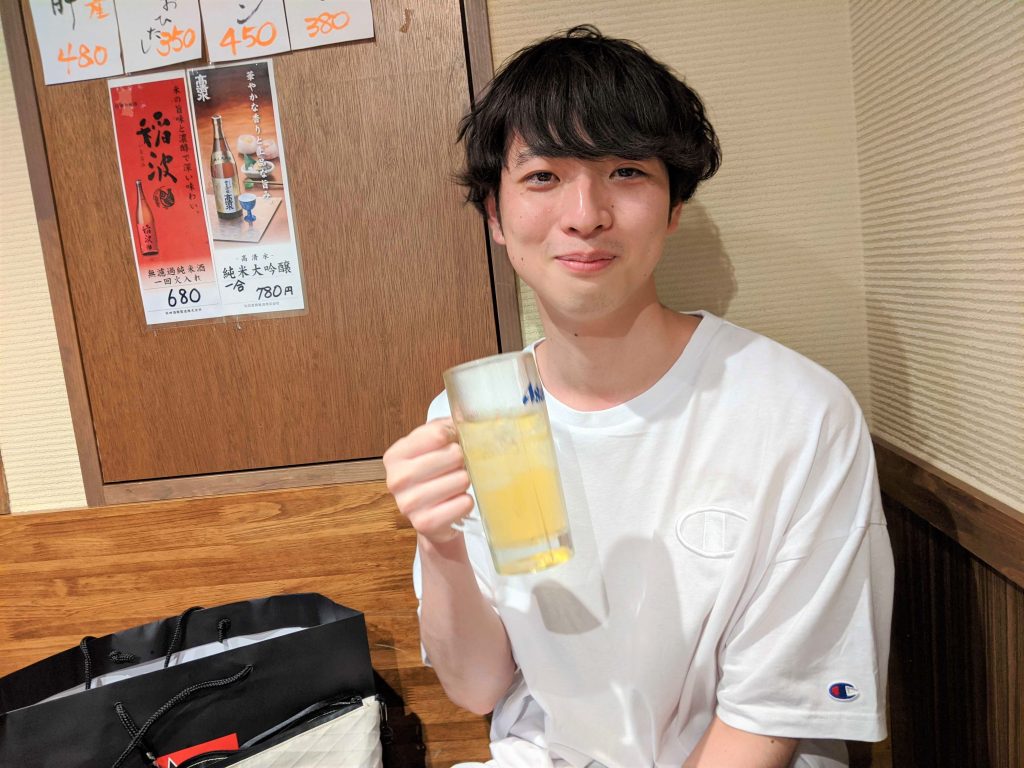


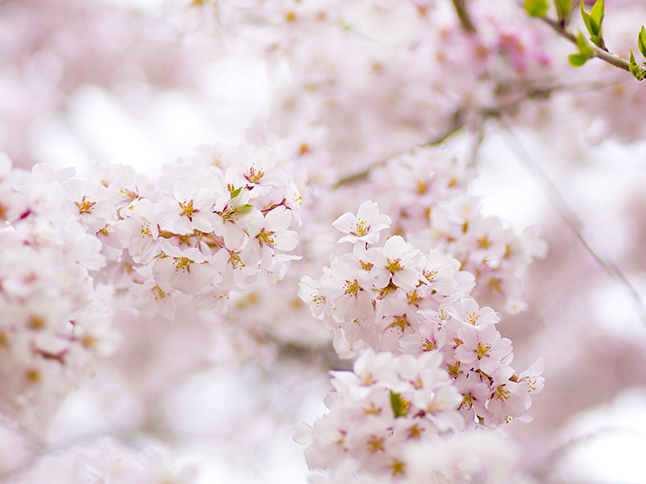
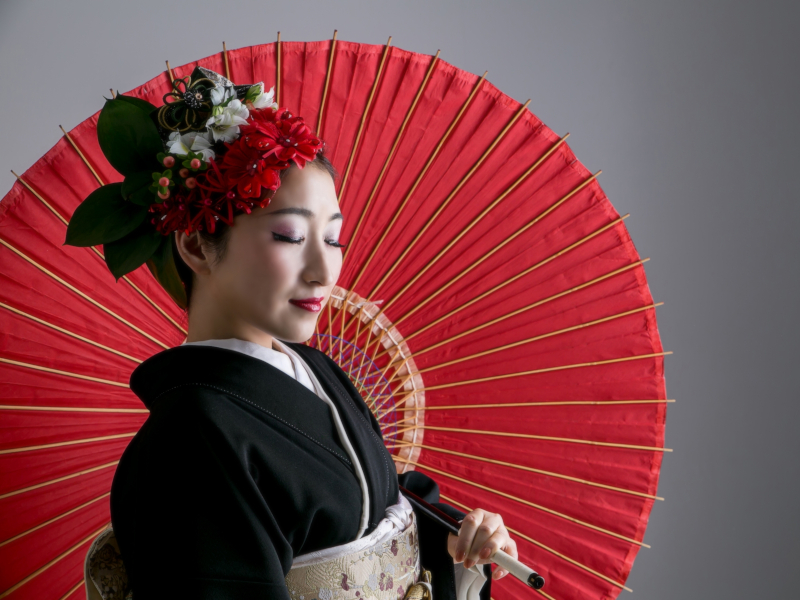
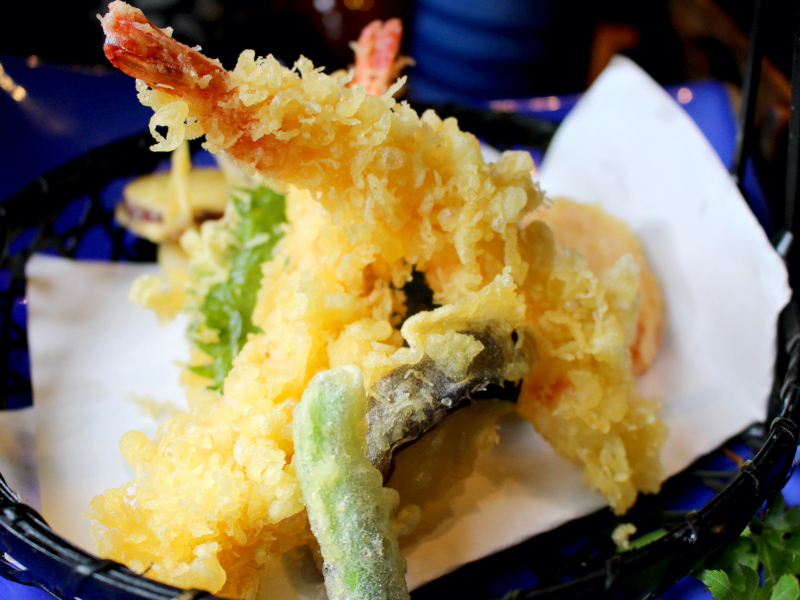
Born and raised in Tokyo, Ibuki studied in the United States after graduating from university. Having returned to Japan, he now works as an editor of SENPAI Japan, drawing on his experiences abroad to promote the appeal of Japan to an international audience. In his spare time, he enjoys visiting izakayas and is particularly fond of shochu.